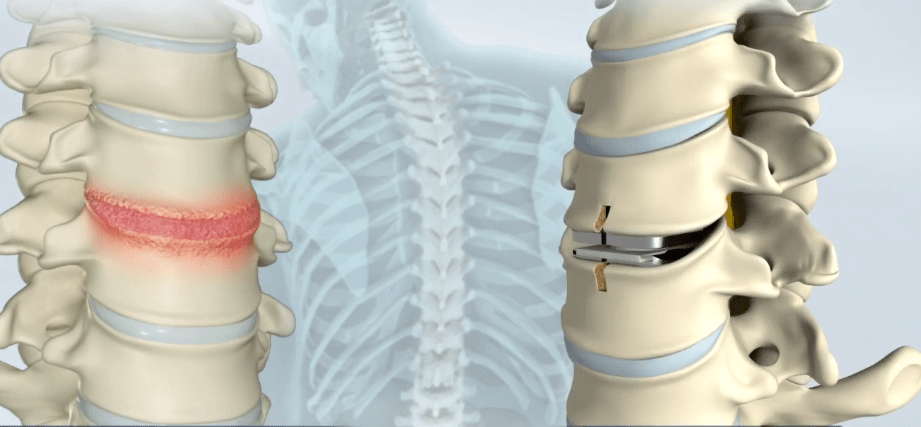Minimally Invasive Spine Surgeon New York
Spine Surgeon Manhattan

There are fellowships available in spine surgery that offer additional year training. Your surgeon should have at the least a board certification or be eligible to become a board member in either neurological or orthopedic surgery.
Spine surgeons have a medical degree, which means they can hold an M.D. Both degrees require certifications and school training for spine surgery.
Patients should remember that spine surgery can almost always be an elective procedure. Only very rare cases are spine surgery absolutely necessary. You are the only one who can determine how bad your pain is. Therefore, you have the final say on whether to undergo surgery.

